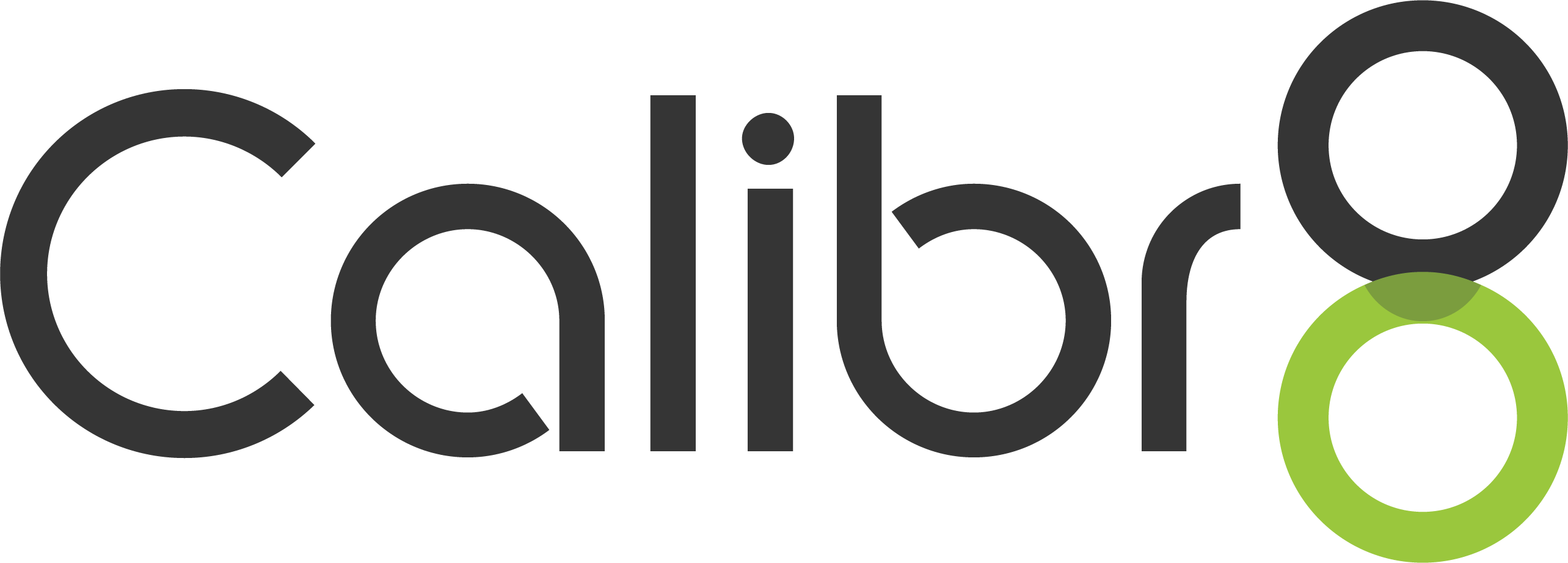Read time: 3 mins
Political sentiment is more volatile than ever. In our work with academic institutions, policy think tanks, and public affairs teams, one thing has become clear: traditional political research methodologies are being stress-tested by the speed of public opinion—and they need to evolve.
Key Takeaways
-
Speed is critical in political research—delays risk missing shifts in public sentiment.
-
Mixed-mode approaches ensure more representative samples across demographics.
-
Verification tools and transparent sourcing are essential for trust in political polling.
-
Open-ended responses and agile designs help capture deeper, real-time insights.
From sudden legislative moves and viral news cycles to shifting voter priorities, researchers studying politics today face a central challenge: how do you capture opinion while it’s still forming—before it becomes a headline?
Here’s how forward-thinking research teams are adapting:
📆 1. Speed Isn’t a Bonus—It’s a Requirement
Political attitudes can change overnight. Voters may shift opinions based on:
- A breaking news story
- A single debate moment
- The framing of an issue on social media
Waiting weeks to field and analyze survey data often means missing the window when sentiment is raw and most revealing. Academic researchers are increasingly turning to rapid-turnaround methods—including mobile-first online surveys and phone interviews completed in under 48 hours.
🧭 2. Mixed-Mode Methodologies Improve Representativeness
While online panels provide scale and speed, they can leave out key voices—especially older, rural, or less-connected voters. That’s where CATI (Computer-Assisted Telephone Interviewing) still plays a crucial role.
Many universities now use hybrid models:
- CATI to reach landline-accessible and offline populations
- Online/mobile-first platforms to target younger or time-constrained respondents
- SMS or email triggers for recontact studies or longitudinal designs
This blending ensures coverage of the full political spectrum, not just the digital middle.
🧬 3. Verification and Transparency Matter More Than Ever
With increased scrutiny over polling accuracy and survey manipulation, researchers must be prepared to defend their data sources. That’s why more political science departments are asking:
- Are these respondents verified voters?
- What’s the sourcing methodology?
- Can we audit the sample composition and quotas?
Tools like real-time voter file matching (e.g., Votified) provide researchers with more control, ensuring respondents match the right registration history or geographic district. Paired with AAPOR-compliant transparency protocols, this boosts both internal confidence and public trust in the data.
📊4. Open-Ended Insights Reveal the Why, Not Just the What
It’s no longer enough to measure approval or intention. Academic political research increasingly includes open-ended questions to explore:
- Emotional responses to political figures or events
- Perceptions of fairness, trust, or authenticity
- The role of misinformation or media framing
Modern research platforms now support AI-assisted analysis of open-ended responses, allowing researchers to detect tone, sentiment, and even potential disinformation cues at scale.
🧪 5. Researchers Are Becoming Agile—Without Losing Rigor
One of the most exciting trends we’re seeing is the shift toward agile academic research. That doesn’t mean cutting corners. It means:
- Running short, high-frequency trackers tied to current events
- Embedding experiments within surveys to test framing effects
- Using rolling samples that allow continuous data collection over time
This agility lets research stay relevant—and feed into policy discussions or academic publications in near real-time.
Final Thoughts
The political landscape isn’t just shifting—it’s accelerating. And the methods we use to understand it must evolve too.
By combining speed, representativeness, transparency, and flexibility, today’s political researchers can capture more than just opinions. They can capture the turning points that shape public discourse.
About Logit
The Logit Group supports academic and policy-focused research across North America with robust methodologies, multimode fielding, and real-time voter verification. We partner with universities and institutions to deliver data that’s timely, trusted, and transparent.
🔗 Want to talk feasibility or methodology design for an upcoming study? We’re always happy to connect—no obligation, just insight. Contact us today.








